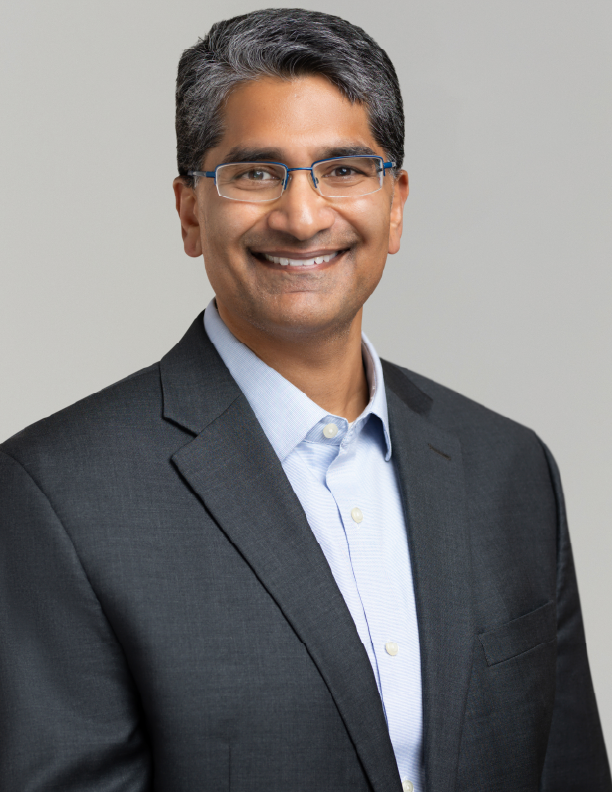Suprotik Stotz-Ghosh, MFA, Principal Associate, brings over 20 years of experience in facilitating, building, and evaluating equitable systems, racial equity initiatives for leading multinational nonprofit organizations, philanthropic institutions, philanthropy-serving organizations, and consulting firms. Suprotik is adept at cultivating inclusive, collaborative organizational cultures that promote accountability, transparency, and community. His work focuses on strengthening leadership, operations, and strategies to advance equity and justice in organizations and their relevant systems and sectors. He has demonstrated experience leading and facilitating organization-wide strategies with all levels of staff to align organizational values, operational policies and practices, and external strategies.
Before joining Community Science, Suprotik served as Chief of Staff for Emerging Practitioners in Philanthropy (EPIP) and Vice President and Interim COO for Grantmakers for Effective Organizations (GEO). He directed GEO’s racial equity initiatives, introduced key policy and cultural changes to improve the diversity and inclusion of staff and culture, and integrated racial equity practices into the organization’s human resources system. Suprotik has led many evaluations, including a three-year initiative by the Aspen Institute to eliminate intergenerational poverty and advance economic equity and Evaluation for Learning curriculum development and implementation for the Greater Kalamazoo United Way. He has led the implementation and evaluation of youth development programs and completed comprehensive feasibility studies to inform the W.K. Kellogg Foundation’s Financial Economic Security strategy and southwest Michigan’s first community development credit union.
Suprotik is trained in and practices a wide range of facilitation, learning and strategy improvement models, including: Malcolm Baldrige Performance Excellence Framework, Prosci ADKAR, Asset Based Community Development, continuous quality improvement, Formal Consensus Decision Making, Facilitative Leadership, Intercultural Development Inventory, truth and reconciliation, somatic practice, and leadership coaching. His approaches to individual, organizational, and community transformation are informed by his integration of art and science. He holds a Master’s degree in Fine Arts, with an emphasis on creative writing, from Western Michigan University, and certifications in leadership coaching and business solutions. His practice is also deeply influenced by his family’s involvement in India’s nonviolent independence movement.

